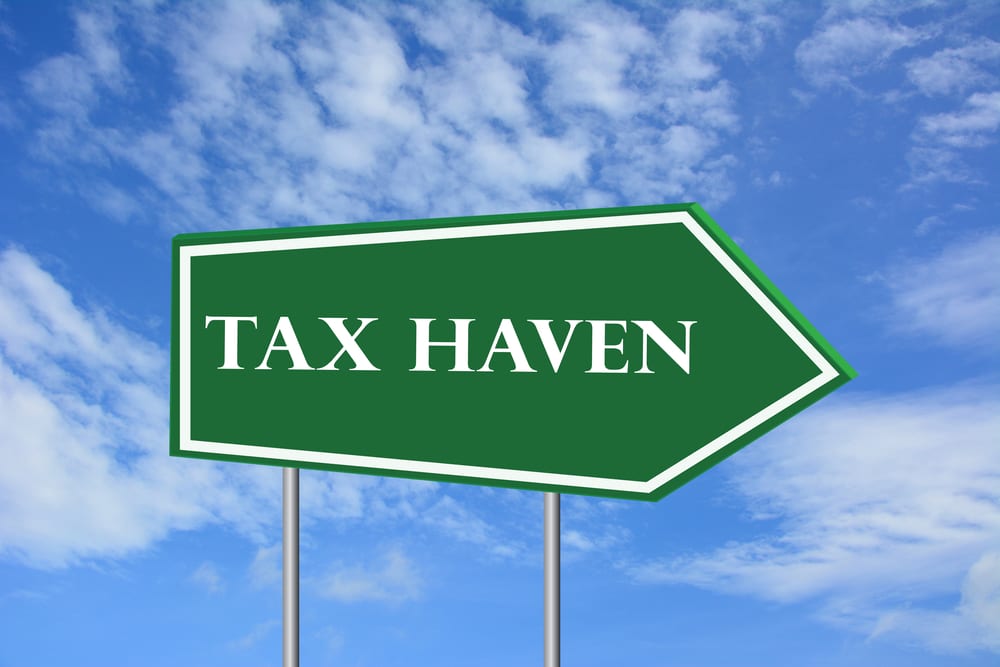The Hidden Risk of Tax-Exempt Bonds
Higher interest rates. Shrinking tax revenues. Higher spending. All of these are risks faced by municipal bond investors. But here’s one that few investors consider. The government officials in charge of a locality’s finances could be pocketing the tax revenue and spending it on themselves. After a while, the government can’t raise taxes any more. There’s an investigation. It realizes that a big chunk of its tax revenue over the years has disappeared. There isn’t going to be any money to repay the bonds or pay for a lot of other services.
Most local governments skimp on audits and audit standards. Apparently it isn’t unusual for people to essentially audit themselves or not face any audits at all. To save money, some local governments don’t properly separate functions, because that would mean hiring more employees. Read the tale to see some of the hidden risks faced by investors in local tax-exempt bonds.
When asked in 2011 about the city’s worsening cash crunch, Crundwell blamed lagging payments from the state, which collects and remits Dixon’s share of tax revenues. It was a display of chutzpah worthy of Bernie Madoff. In fact, the money had arrived, and she had spent it–on herself. Between 1991 and April 2012 she embezzled $53.7 million from Dixon, using the loot to acquire 400 quarter horses (the quintessential American racehorse), a ranch in Dixon and horse trailers and trucks. She traveled to equestrian competitions in a $2 million motor home and remodeled her Illinois home with an in-ground pool and a chandelier made of old revolvers and spurs, in addition to buying another home in Englewood, Fla., minks, jewels, a 1967 Corvette convertible
and a bar of gold bullion valued at $1.5 million.
![]()





